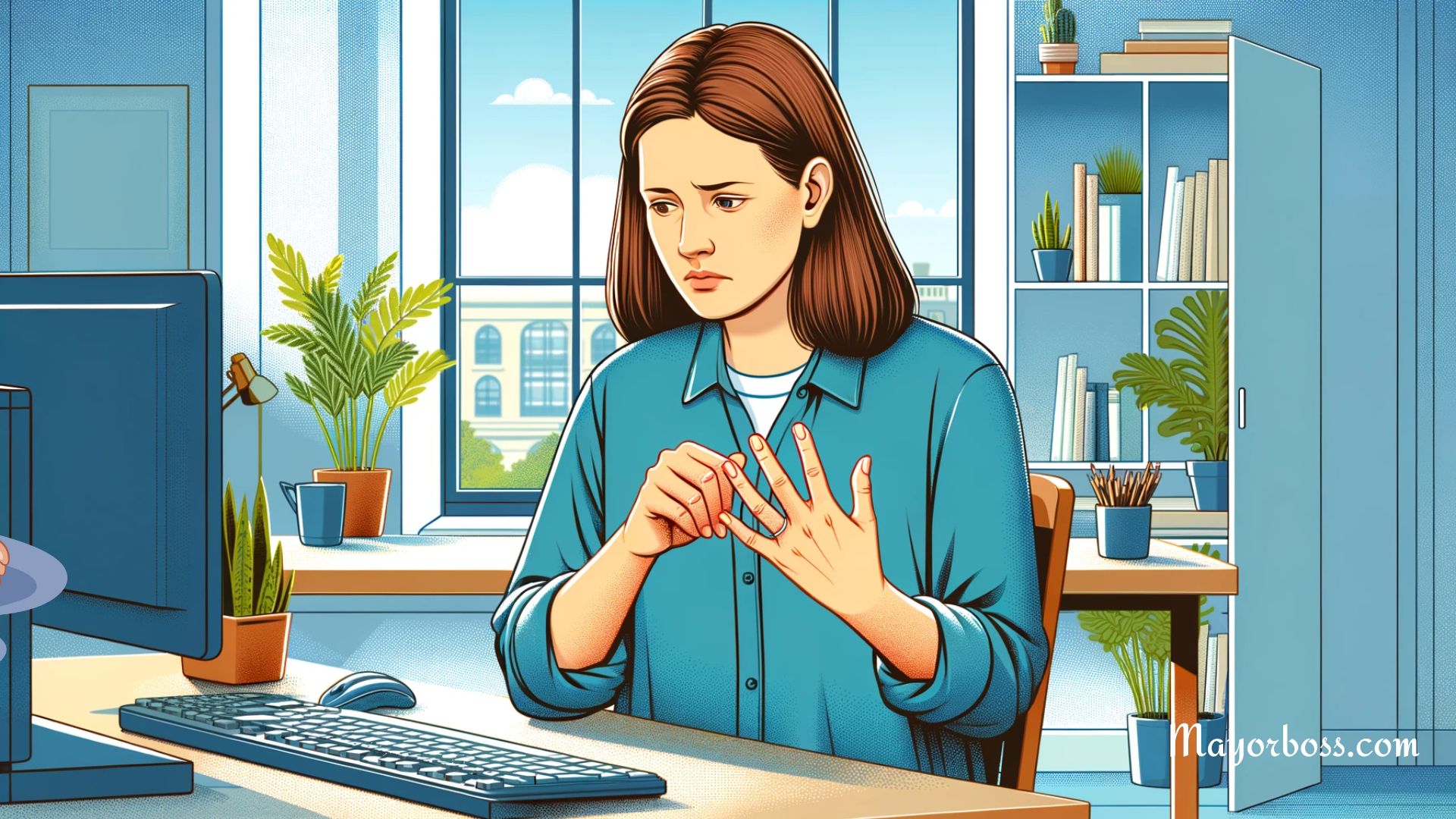7 Surprising Reasons You’re So Gassy
Are you wondering why you’re so gassy? to You might think that being gassy is just a result of eating certain foods like beans or cabbage. However, there are several surprising factors that can also contribute to feeling bloated and passing gas. These include stress, medications, and even how you eat your food.

Eating Too Quickly
One main reason you’re so gassy might be as simple as eating too much too fast. When you eat too quickly, you’re more likely to swallow air along with your food. This trapped air ends up in your digestive system and eventually needs to come out, usually as a burp or flatulence.
To tackle this, try to slow down your eating. Take smaller bites and chew your food thoroughly. This not only reduces the amount of air you swallow but also makes digestion easier.
Drinking Carbonated Beverages
Carbonated drinks or fizzy drinks like soda contain bubbles that can get trapped in your digestive system, causing you to feel bloated and gassy. To solve this problem, opt for non-carbonated beverages like water, herbal teas, or fruit juices. If you really crave the fizz, limit your intake and try to drink these beverages slowly to reduce swallowed air.
Stress and Anxiety
Stress and anxiety can have a significant impact on your gut. They can alter the speed at which food moves through your digestive system, resulting in excess gas. Meditation, deep breathing exercises, or even a simple walk can help in reducing stress levels. When your stress goes down, you may notice less gas and bloating.
Medications
Certain medications, especially some types of antibiotics or antacids, can potentially mess with your gut flora. When the balance of good and bad bacteria in your gut is disrupted, gas can be a consequence. If you think your medication is causing you to be gassy, consult your doctor. They might be able to recommend an alternative medication or offer tips to minimize this side effect.
Eating High-Fiber Foods
High-fiber foods are excellent for your digestive system, but they can also produce gas. Foods like beans, lentils, and whole grains are broken down by bacteria in your gut, creating gas as a byproduct. Start by gradually introducing fiber into your diet and give your gut time to adjust. Drinking plenty of water can also help mitigate the gas-inducing effects of fiber.
Food Sensitivities
Food sensitivities or intolerances, like lactose intolerance, can cause your body to produce excess gas when you consume trigger foods. A food diary can be helpful in pinpointing which foods are causing you to be gassy. Once you’ve figured it out, you can either avoid these foods or eat them in smaller quantities.
Lack of Physical Activity
Physical activity helps stimulate the muscles in your gastrointestinal tract, aiding in moving gas through your system. Even light exercise like walking can be effective. Aim for at least 30 minutes of physical activity each day to help reduce gas and bloating. Also, always avoid sitting for longer than one hour.






